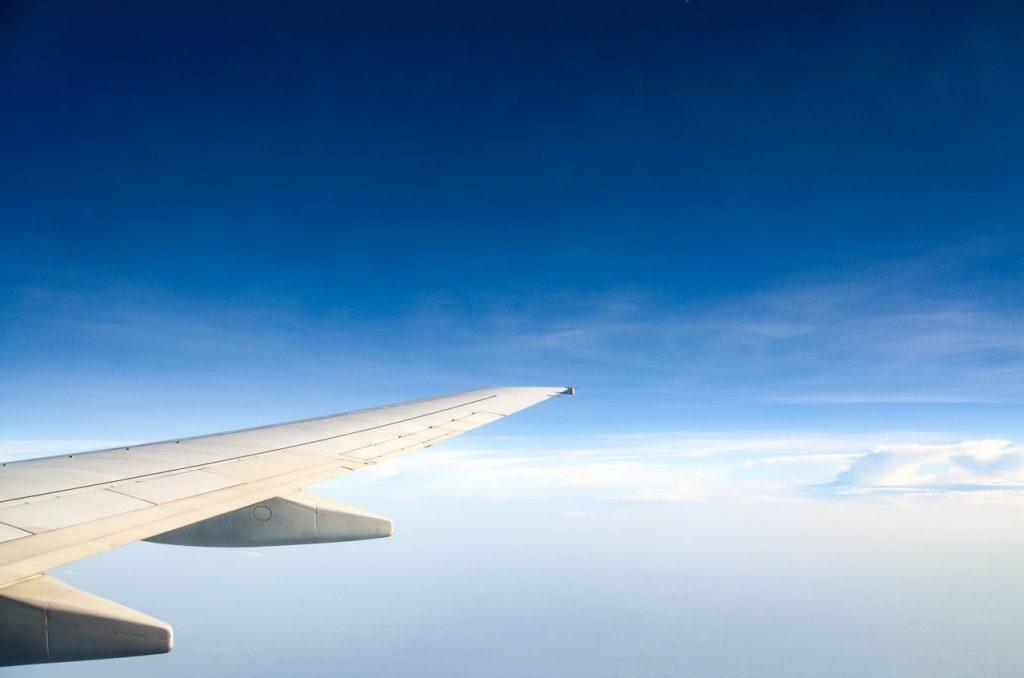Not like riding a bike: Flying errors abound as pandemic leaves pilots rusty
Grounded airlines mean many pilots are under stress and not flying enough to maintain their proficiency.
In September, an Indonesian Lion Air A330 momentarily veered off the runway after landing at Medan, breaking two runway lights. No passengers or crew were injured but the incident sparked an investigation by the country’s transport safety regulator.
It found that the pilot and first officer were both in their late forties with around 17,000 hours flying experience, much of it on the A330.
However, the pilot had flown less than three hours in the previous 90 days and the first officer had not flown at all since Feb 1.
The incident brings to light a risk emerging from the pandemic, reports the Washington Post.
Pilots are not flying enough to maintain their proficiency.
Domestic flying is slowly recovering but international traffic is hovering at its lowest in recent history. Thousands of pilots have been laid off or furloughed, and those still in work are flying a lot less.
“Regular flying keeps your mind in the cockpit,” said Mohan Ranganathan, an aviation safety consultant. “Also, stress reduces proficiency, and uncertainty about the future of your airline and your job creates stress.”
Flight simulators help to keep pilots current, so long as they have access to them.
Ian Cheng, senior vice-president of flight operations at Scoot, Singapore Airlines’ low-cost carrier, said its grounded pilots are being kept active with simulator sessions. “Because of the low amount of flying, simulators are essential to keep proficiency levels up,” he said.
Lion Air has 10 A330s in its fleet but no A330 flight simulator, so its pilots are normally trained on simulators elsewhere in Indonesia, Malaysia and Singapore. However, travel restrictions mean this is difficult during the pandemic.
Pilot rustiness was also a possible factor in the crash of a Pakistan International Airlines plane in Karachi in May that killed all but two of the 99 people on board.
“The pilots did not seem to be as fluent in the way they were conducting their flight as they should have been,” EU Aviation Safety Agency executive director Patrick Ky said. “If you haven’t flown for several months, you need to be retrained in order to come back.”
International Air Transport Association vice-president for Asia Pacific, Conrad Clifford, told Bloomberg last week that they are looking at creating special travel bubbles so pilots can access simulators and ensure they maintain certifications and proficiency.
The International Civil Aviation Organization has called for flight crew to be recognised as key workers so they can use travel bubbles and access training facilities, including simulators.
According to Ranganathan, it will take at least a month of regular flying for pilots to get their confidence and skill levels back, along with lots of training.
“When you are not focused, decisions can get delayed,” he said. “Just a few seconds can make a difference between a safe flight or an accident.”
Subscribe to our newsletter
To be updated with all the latest news and analyses daily.
